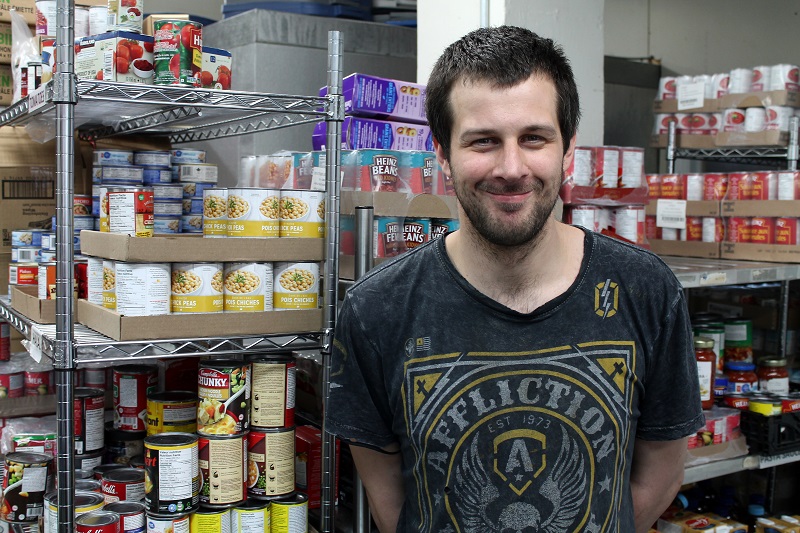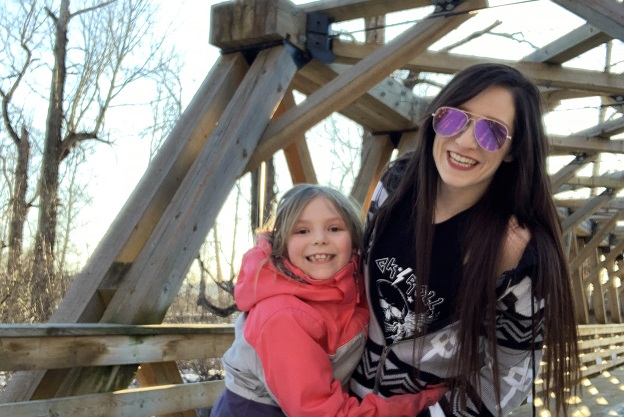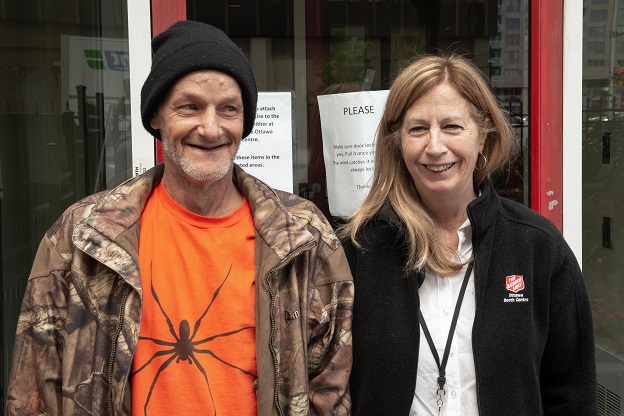Trapped in the World of Drugs, Addict Finds Hope at The Salvation Army
When Gus Wilson’s mom died suddenly, it was the most horrible thing he had ever experienced. No one could soften the blow for the 20-year-old. Two weeks later, Gus left his home in Midland, Ontario, for Toronto. “This was the beginning of a downward spiral for me,” says Gus.
Gus couldn’t cope with his mother’s death. He never learned how to effectively solve his problems and quickly turned to alcohol to numb the pain. “I got involved with the wrong crowd,” says Gus. “One thing lead to another and, before long, I was living on the streets, addicted to both alcohol and crack cocaine.”
Eventually Gus secured employment and maintained a family life. “I was a functional addict,” says Gus. “I regulated my abuse and generally appeared normal.”
Throughout his life Gus wanted to ‘run the show.’ “I was selfish, controlling and felt a sense of superiority,” says Gus. “Gradually my behaviour, coupled with my addictions, cost my job, my partner, my daughter, family, friends and my health.”
When Gus’s world fell apart, his sadness never let up and he began using crack on a daily basis. “It gave me temporary illusions of power and energy,” says Gus. “But, as my addiction grew deeper, I lost all control and management of my life. I was hopeless—addiction strips addicts of hope.”
In December 2009 Gus, age 48, entered The Salvation Army’s Harbour Light Addictions & Rehabilitation Program in Toronto’s downtown core. “I was homeless, penniless, malnourished and tired of the lifestyle I had lead for 14 years,” says Gus.
The new state-of the-art Harbour Light Ministries stands at the corner of Jarvis and Shuter Streets, site of the original Harbour Light Centre that was opened in 1961. The facility provides services that include a community church, transitional housing, residential addictions treatment, and services to immigrants and refugees.
The Army’s three-month program prompted Gus to take responsibility for his life, something he hadn’t done for decades. “They showed me a better way,” says Gus. “Substance abuse isn’t easy to break, but it can be broken. Now I have energy, a clear head and self-worth. I have new, healthy friendships and have renewed broken family relationships.”
Gus graduated from Harbour Light in March 2010. He resides in the transitional housing unit at the facility and is working full-time.
“When I came to Harbour Light I was mentally, physically and emotionally bankrupt,” says Gus. “The Salvation Army showed me that hope was attainable and that I was someone of value. For this I will be forever grateful.”



